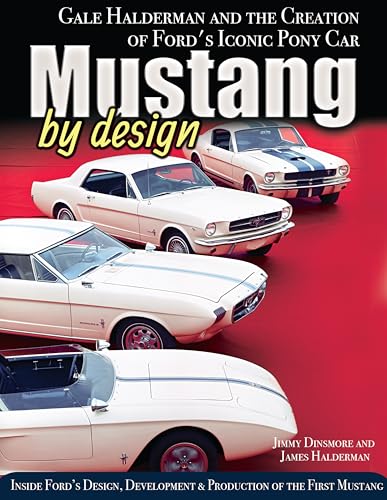- Joined
- Aug 8, 2018
- Messages
- 410
- Reaction score
- 214
- Location
- California
- My Car
- 72 Sportsroof - 351C-4V, Fitech EFI, T56 Magnum 6 Speed
Has anyone tried out an electric AC compressor? I've been seeing more and more of these around. Originally they seemed to be aimed at RVs and large trucks but I've keep reading things here and there about them being used for retrofits and hotrods. I like the idea of this as it could keep the engine less cluttered and should be less parasitic and I think it could be cheaper as well but have yet to find anyone in the real world using one and very few videos etc that I've found of people using them.
Here's one example of a full kit, but I think you can just use the compressor only and use other components that support modern refrigerants
https://qualyair.us/collections/a-c...rdash-electric-compressor-air-conditioner-12v

Here's one example of a full kit, but I think you can just use the compressor only and use other components that support modern refrigerants
https://qualyair.us/collections/a-c...rdash-electric-compressor-air-conditioner-12v





















































